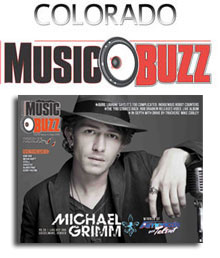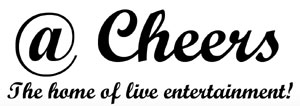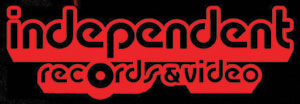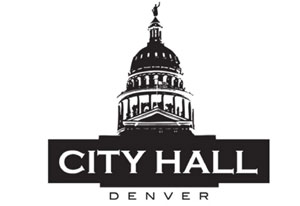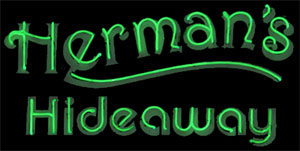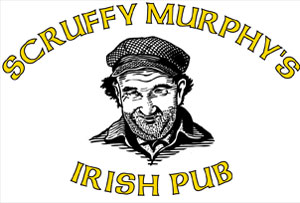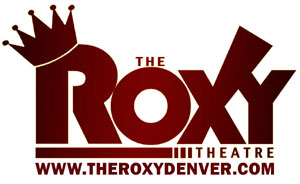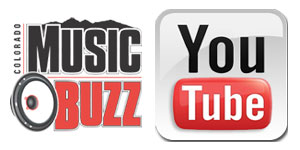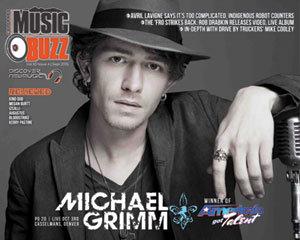Why Jazz Matters: Track 2
by Norm Provizer
At the start of the 1950s, a Cleveland disc jockey by the name of Alan Freed took the phrase “rock and roll” and attached it to the emerging new music that blended rhythm and blues with pop vocals and rockabilly. So, if you have ever wondered why the Rock and Roll Hall of Fame and Museum is located in Cleveland, the short answer is – Alan Freed.
Halfway through the ‘50s, a very different kind of disc jockey playing a very different kind of music also helped change the world. His name is Willis Conover; and, for more than 40 years (from 1955 to the time of his death in 1996), he brought jazz to listeners across the globe six nights a week with his show on Voice of America that was beamed only outside the borders of the United States.
Throughout the world; and, in particular, inside the old Soviet Union and Eastern European nations it dominated, people waited for the sounds of “Take the A Train” by the Duke Ellington Orchestra, announcing the start of Conover’s show. While there are estimates that some 100 million people listened to Conover’s broadcast on Voice of America, 30 million of them were behind the “iron curtain” and risked punishment if discovered. But they listened, because Conover delivered, in his words, “the music of freedom.” Without any added political commentary or propaganda, Conover, as his obituary in The New York Times put it, “proved more effective than a fleet of B-29’s” during the Cold War.
It was President Bill Clinton who referred to America as “a jazzy nation.” A nation that, in fact, uses labels such as the Jazz Age and the Swing Era to describe periods of its history. Jazz has not only represented who we are but also the very promise of freedom itself.
Totalitarian regimes from Nazi Germany to the former Soviet Union have recognized this idea. For the Nazis, jazz was the ultimate “degenerate music.” And in the Soviet Union, it’s been said that the government’s efforts against that music stand as the only of Stalin’s purges that failed. Players armed with horns might not appear as much of a threat but dictators understood the dangers posed by a music that served as a metaphor for freedom. That’s one more reason why jazz matters.
During the merry month of May, you can hear all this for yourself in a variety of ways. On Saturday, May 17, the annual – and free—Five Points Jazz Festival runs in the Points along Tremont St. from 11 a.m. to after 8 p.m. in seven indoor and outdoor locations. With 23 groups participating, there is a wide range of styles on tap before alto saxophonist Brad Leali (who grew up in Denver and has since moved on) closes things down on the main stage starting at 7 p.m.
Beyond the Five Points event, guitarist Nels Cline is at Dazzle on May 7. Cline is widely known for his work with the band Wilco but he has clear jazz sensibilities. The top jazz violinist Regina Carter is also at Dazzle (May 10-11) with her group Southern Comfort, as is keyboardist Erik Deutsch on May 22-23. Deutsch spent time in Denver and went east where he joined guitarist Charlie Hunter and others, like singer Norah Jones. In between, on May 17, Dazzle has Denver native Ben Goldberg back with a group that includes Ron Miles on trumpet. Clarinetist Goldberg, whose arsenal includes the massive contra alto clarinet, is the rising star on his instrument.
Additionally, the Smithsonian Jazz Masterworks Orchestra with vocalist Kim Nazarian is at the Newman Center on May 10-11 for a tribute to Ella Fitzgerald, while crossover saxophonist Midi Abair is at the Soiled Dove Underground on May 10. Crossover trumpeter Rick Braun and saxophonist Richard Elliot are also at the Soiled Dove on May 23. And on May 9, the Organization (an organ trio) plays the music of Stevie Wonder at Dazzle.
Category: Buzzworthy
